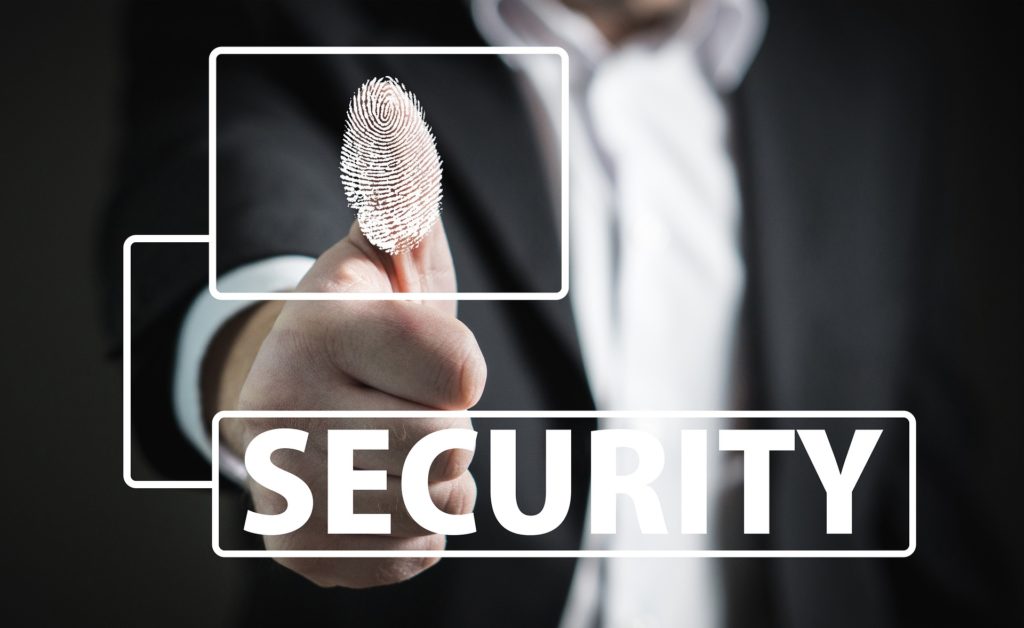
Never give your Social Security number or other information to strangers who call, text, or send e-mail messages to you, even if they seem legitimate, as with phony “phishing” e-mail that looks like it comes from your bank.
Never leave your wallet or purse unattended. Don’t carry your Social Security card, rarely used credit cards, or written PINs or passwords.
Store financial account statements, medical records, and tax filings in a secure place at home, especially if you let workers or others inside, and shred those documents when you no longer need them.
Don’t post your date of birth, mother’s maiden name, first pet’s name, or other personal information on websites like Facebook, Flickr, Friendster, LinkedIn, MySpace, or Twitter. They’re often used to verify your identity and could allow an impostor electronic access to your accounts.
If your bank or credit-card issuer offers free online or mobile alerts that will warn you of suspicious account activity as soon as it’s detected, sign up for them.





